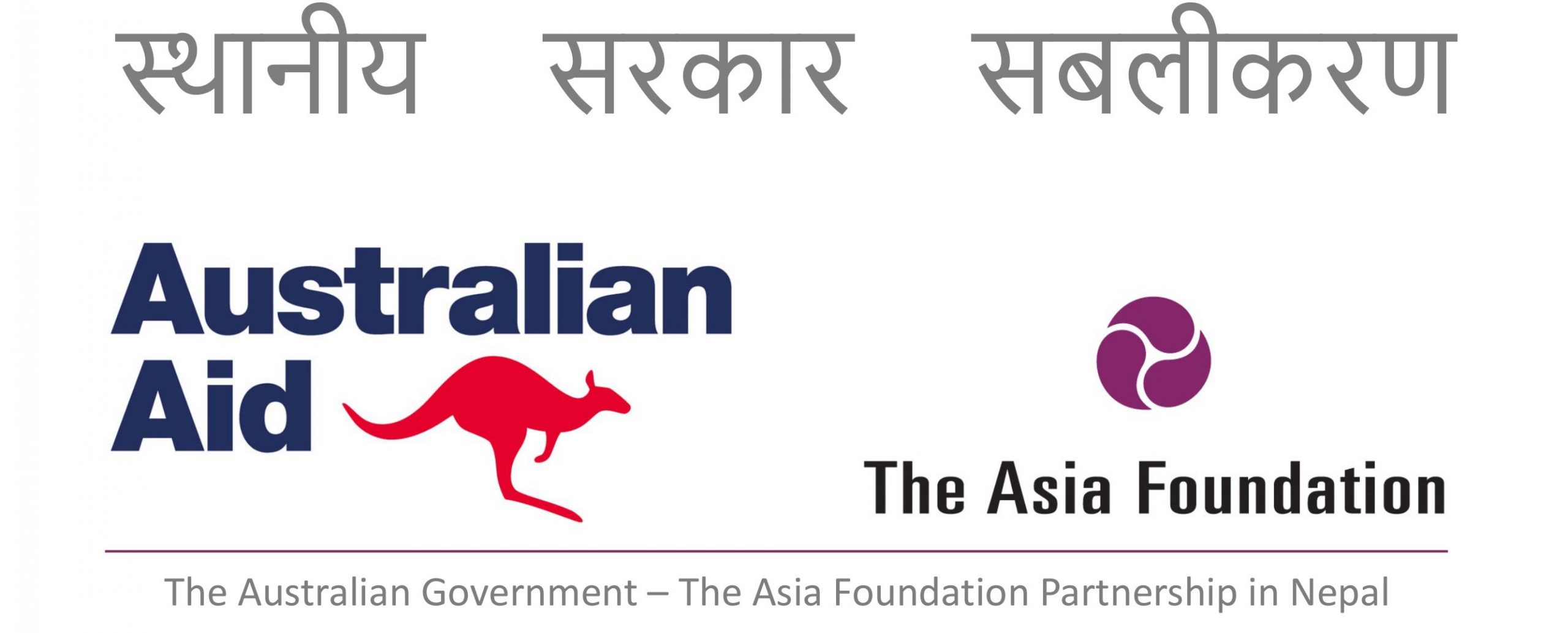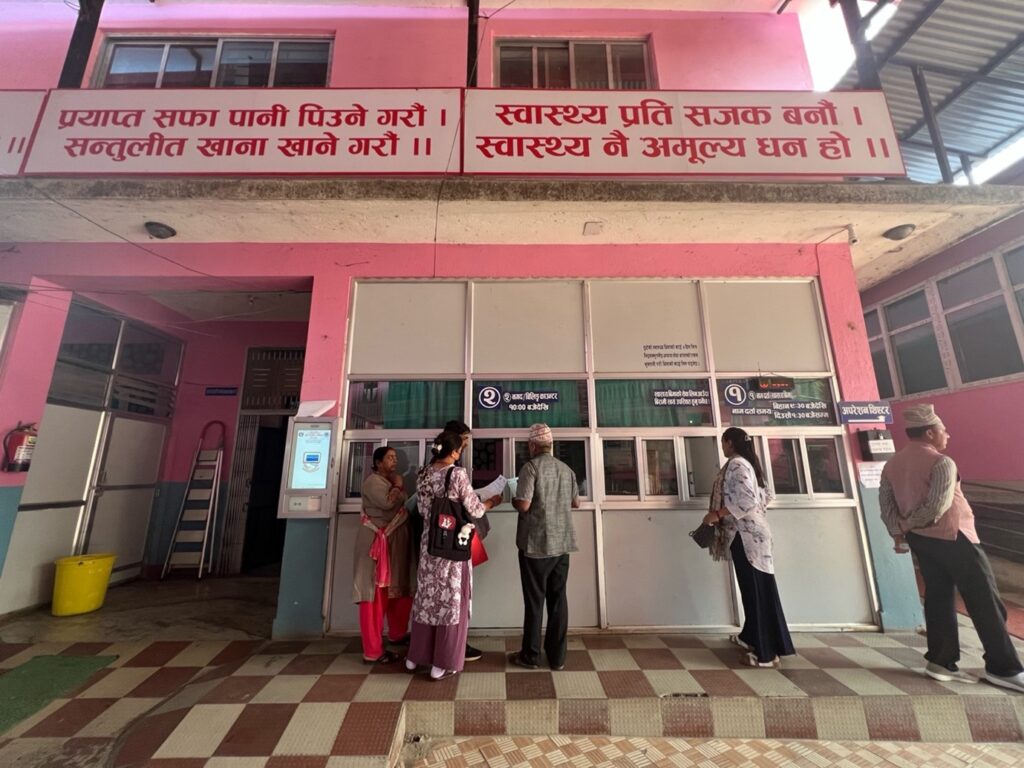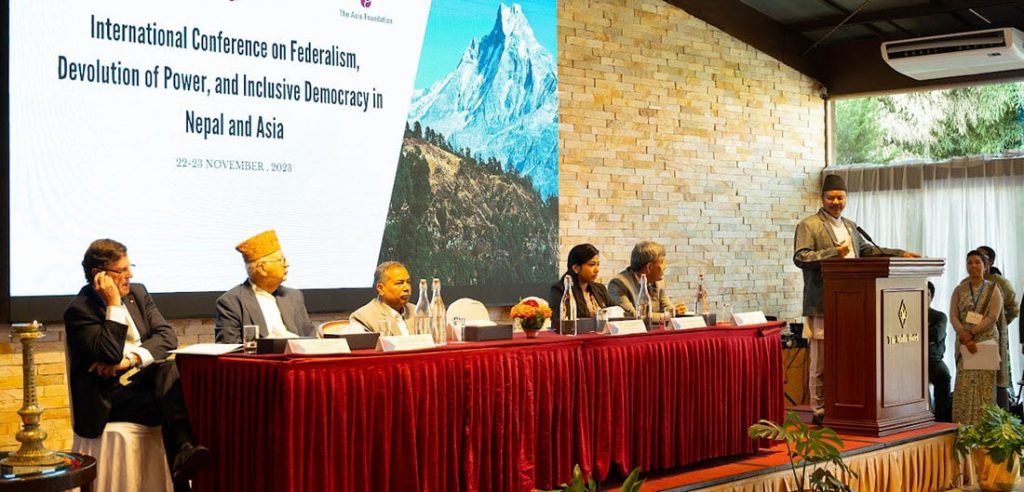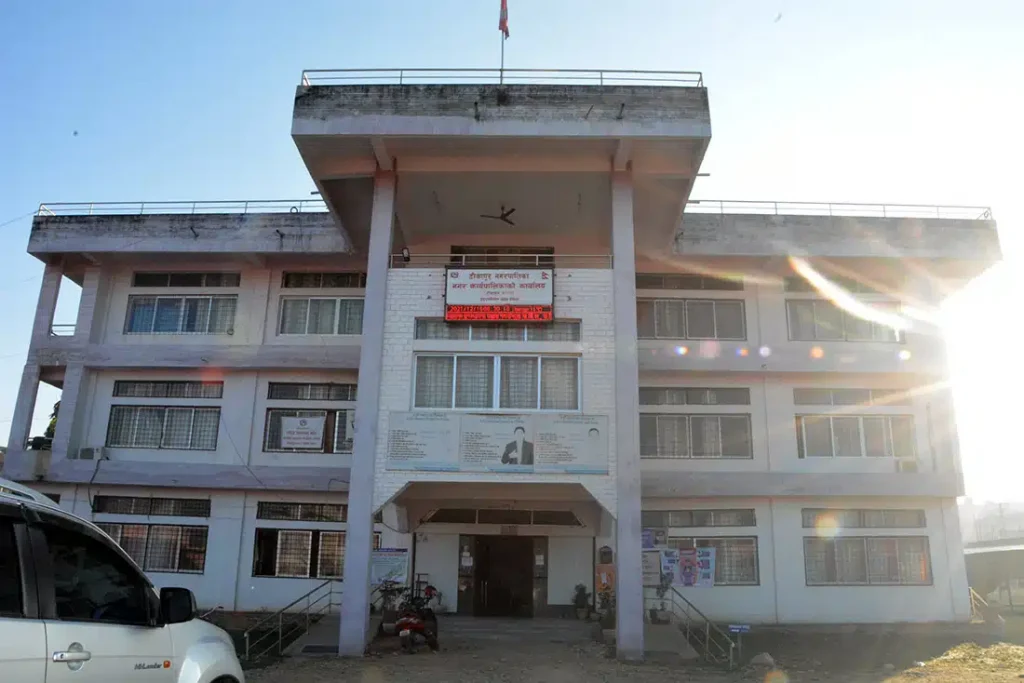Climate Change
Selected subnational governments incorporate climate change considerations into their prioritized policies, plans and programs.
In recent years, climate change has posed significant challenges to productive sectors and communities in Nepal due to its geographical location, topography, and socioeconomic factors. As part of its Phase II program, SNGP proactively identifies entry points aligned with the efforts and commitments of the Governments of Nepal and Australia to address climate change risks and impacts, which have gained prominence both nationally and globally through various national policies.
While Nepal’s federal policy frameworks, including its international climate commitments, aim to integrate climate change considerations across sectors for a coordinated response to combat its impacts, localization of these policies has remained largely inadequate. This issue is compounded by poor coordination both within and among tiers of government and stakeholders in implementing climate change-related policies and legislation. There is a lack of legal and policy instruments that account for climate change considerations or ensure compliance with environmental standards. Moreover, climate change is not adequately integrated within the periodic and annual plans, fiscal policies and plans, and monitoring and reporting mechanisms of subnational governments. This is primarily due to limited political awareness and ownership of the climate change agenda, often not being a political or development priority of governments. Without strong political commitment, allocating resources and prioritizing climate action initiatives at the local tier is challenging. Another critical aspect is the lack of awareness and knowledge about mainstreaming climate change among stakeholders. Furthermore, the insufficient scientific evidence and data to support the integration of climate considerations into sectoral policies at the subnational level further exacerbate this issue as
most climate-related assessments are conducted top-down and at the national scale.
Realizing this, SNGP Phase II has taken a crucial step towards addressing the challenges outlined above to incorporate climate change as a stand-alone outcome.
Objectives:
Under the climate change outcome, SNGP Phase II aims to have selected subnational governments incorporate climate change considerations into their prioritized policies, plans, and programs in the selected pilot municipalities as Tikapur and Bhajani of Kailali District, Sudurpaschim Province, and Waling and Galyang of Syangja District, Gandaki Province.
Results and Interventions:
The program aims to achieve tangible results by implementing various interventions to address the challenges identified:
Platforms are provided, and coordination mechanisms strengthened to facilitate coordination and collaboration among key stakeholders for policy coherence and implementation.
Platforms are provided, and coordination mechanisms strengthened to facilitate coordination and collaboration among key stakeholders for policy coherence and implementation.
Approach:
Mainstreaming Gender Equality, Disability and Social Inclusion (GEDSI):
SNGP adopts a two -pronged approach: mainstreaming GEDSI across the program and deploying targeted activities for GEDSI-specific outcomes. Throughout the program implementation, SNGP will track GEDSI integration and will prioritize the inclusion and active participation of vulnerable and marginalized groups in various aspects of climate action by ensuring that the voices and needs of vulnerable and marginalized groups are heard, respected, and integrated into all stages of decision making, sectoral planning, annual planning and budgeting.
Through these multifaceted initiatives, SNGP seeks to promote a comprehensive approach to climate change governance, where considerations of climate resilience and sustainability are systematically integrated into subnational policies, plans and practices. By empowering subnational governments and fostering collaboration among stakeholders, the program aims to contribute to more effective climate change adaptation and mitigation efforts, ultimately building resilience and promoting sustainable development at the subnational level.



